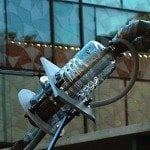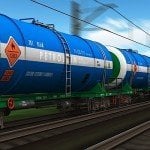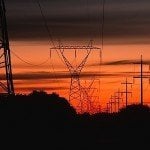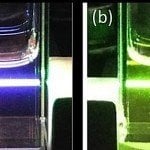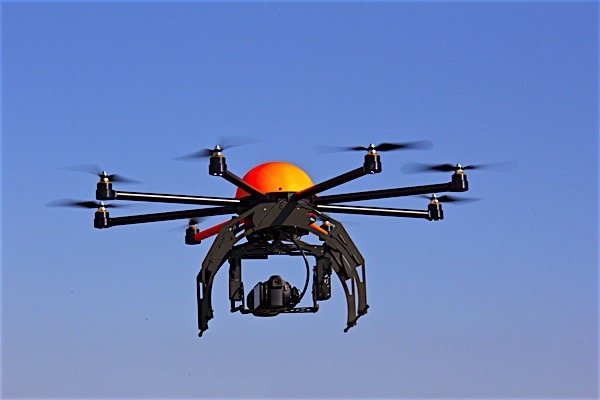
The adoption of drone technologies by businesses, which is just beginning to help them create new business and operating models, is about to explode, says a report from PriceWaterhouseCoopers (PwC). The value of drones, meaning the value of businesses and labour in various industries that could be replaced by drones “in the very near future” is now estimated to be $127 billion. The industry with the best prospects for drone applications is infrastructure, with a value of $45.2 billion. Transport and agriculture also have high potential for drone use.
Drone powered solutions, says the report, are best suited to sectors that require both mobility and a high quality of data. Businesses whose assets are dispersed over large areas, such as infrastructure maintenance, transportation, and agriculture, can benefit greatly from the integration of drones into day-to-day business. Insurance, telecommunications, media, mining and security will all find new uses for drones.
Top drone markets by 2020 according to PwC
- Infrastructure ($45.2 bn)
- Agriculture ($32.4bn)
- Transport ($13bn)
- Security ($10bn)
- Media and entertainment ($8.8 bn)
- Insurance ($6.8 bn)
- Telecoms ($6.3bn)
- Mining ($4.4bn)
Infrastructure industries like energy, roads, railways and oil and gas can benefit more quickly than other industries because of their need for real-time field data, whether on a construction site or in the maintenance phase of a project. Contractors can use data gathered by drones in the construction of buildings or of pipelines, the report says. And the drones can also increase safety by performing hazardous work and monitoring construction sites for sources of risk and accidents. Taking photos or conducting aerial surveying of inaccessible locations are two obvious uses in the infrastructure industries.
On the construction site, contractors can use accurate data gathered by drones to perform precise work such as positioning steel slabs in concrete or measuring the depth of pipelines, preventing costly and dangerous construction errors. Drones further increase safety by performing hazardous work, and by monitoring construction areas for possible sources of risk and accidents.
Drone applications will be a “vital” technology in capital projects of the future, the report says, as the technology is developing rapidly. PwC, which established a centre to study drone technology in Poland, advises project owners to place themselves on the “leading edge” of the innovation wave that drones represent.
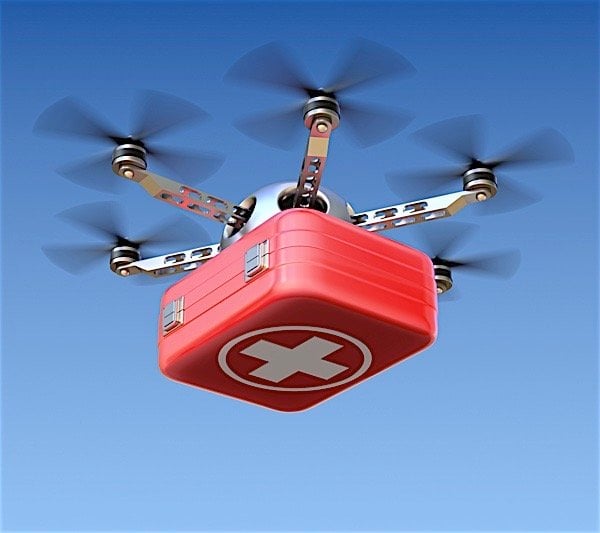
The transport industry stands to make excellent use of drones as well. Delivery by drone of e-commerce packages, spare parts, medicine, food is “certain” to become integral to the industry because of drones’ speed, accessibility and low operating costs. PwC estimates the current value of drones to the transport industry at $13 billion.
Drones will monitor crops for a variety of conditions such as localized drought, provide soil analysis data, including 3D maps, and even tend to crops already in the ground by delivering fertilizers. They will be used in the insurance industry to verify claims, and they will be increasingly used in filming movies. An emerging business in the entertainment sector is drone racing—there is a Drone Racing League, which plans to hold the first ever World Championship races this year.
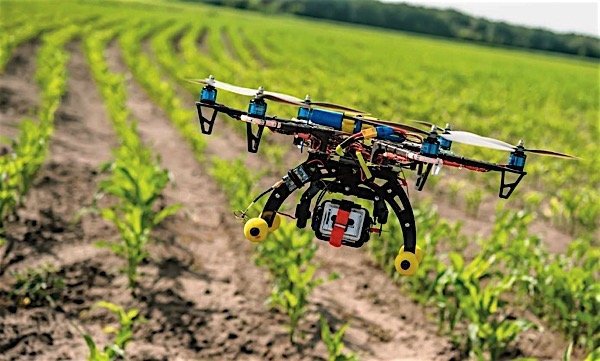
It can also be expected that, in the future, drones will be used for broadcasting telecommunication signals, such as radio, television and internet, both permanently and in temporary roles. For example, drones can be a part of Cell on Wheels (COW) technology, a portable mobile cellular site that provides temporary network and wireless coverage to locations where cellular coverage is minimal or compromised.
Drones are already being used in the film industry, but PwC recommends that companies in the Technology, Information, Communications and Entertainment (TICE) sector “proactively” explore how drones will impact them. They should play a role in developing not only new uses for drones but the appropriate regulation for those uses, working with governments and other companies to help establish this still-new area.




